 WhatsApp
WhatsApp
 Call Us
Call Us
 Email Us
Email Us
 Whatsapp Community
Whatsapp Community
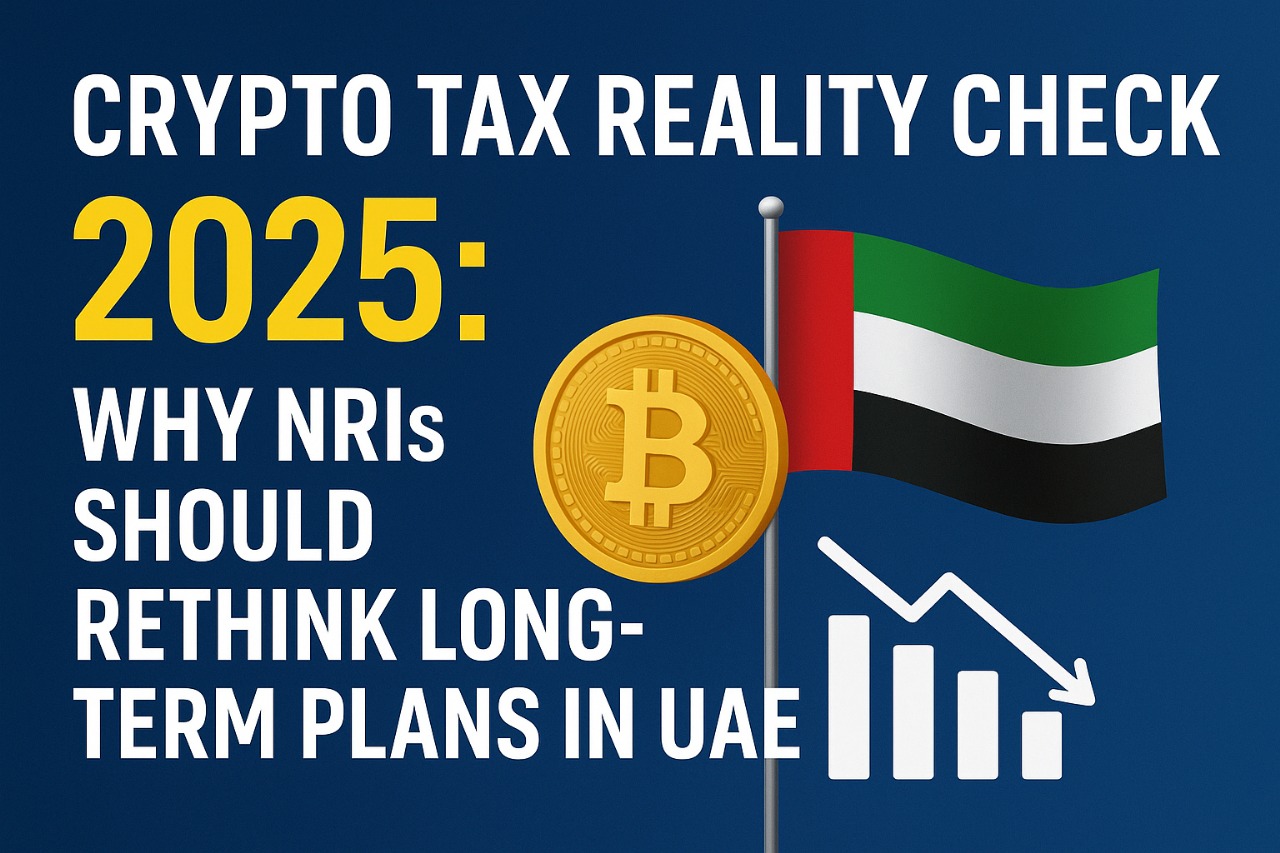
India’s Budget 2025 reaffirmed its hostile stance toward cryptocurrencies. For both residents and returning NRIs, crypto assets are treated with maximum tax severity:
For NRIs planning to return, selling crypto in India could erode 35–40% of portfolio value. This is why the UAE often emerges as the preferred “exit route” for nri returning to india.
Historically, the UAE was the world’s safest crypto tax haven — zero income tax and no capital gains. This attracted thousands of NRIs and global investors to relocate or route crypto transactions via Dubai and Abu Dhabi.
But things are changing.
In September 2025, UAE officially adopted the OECD Crypto-Asset Reporting Framework (CARF).
So while UAE still has zero income tax, the era of total secrecy is over.
We see a rising trend among clients:
But here’s the catch:
Simply put: UAE is a great short-term liquidation zone, but not a “forever comfort plan.”
If you are an NRI with significant crypto holdings, here’s what matters:
Don’t Wait Too Long
Residency Planning is Key
Document Every Move
India’s crypto taxation is harsh, and UAE still offers a valuable window for NRIs. But with CARF adoption, the dream of parking assets indefinitely in UAE for tax-free comfort is fading.
If your long-term plan is to retain crypto while becoming UAE resident, know that global transparency will catch up.
The smartest approach? Plan now, structure early, and seek expert guidance before tax authorities do.
Contact Dinesh Aarjav & Associates to design an NRI tax planning and crypto tax strategy that works across India, UAE, and other jurisdictions.
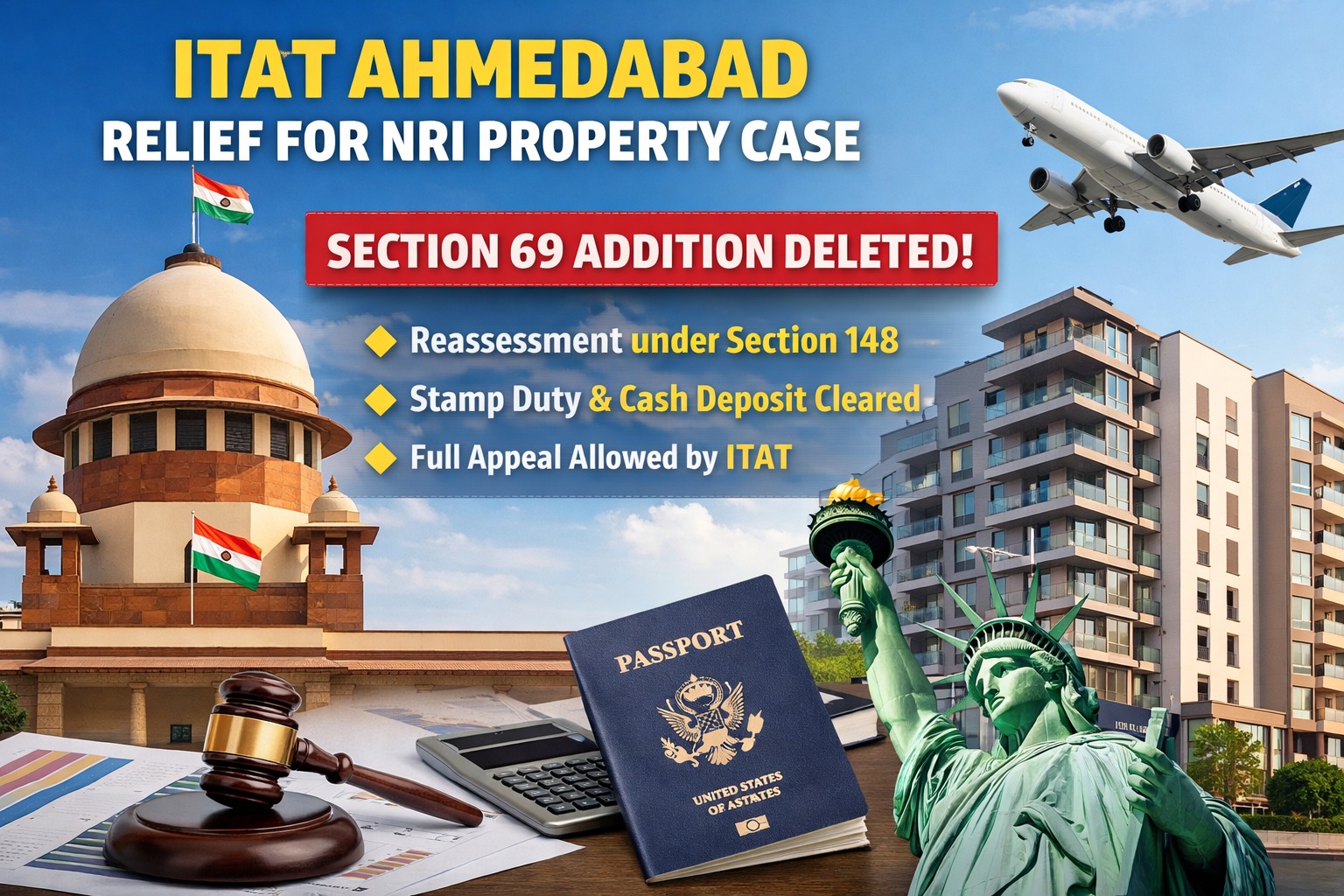
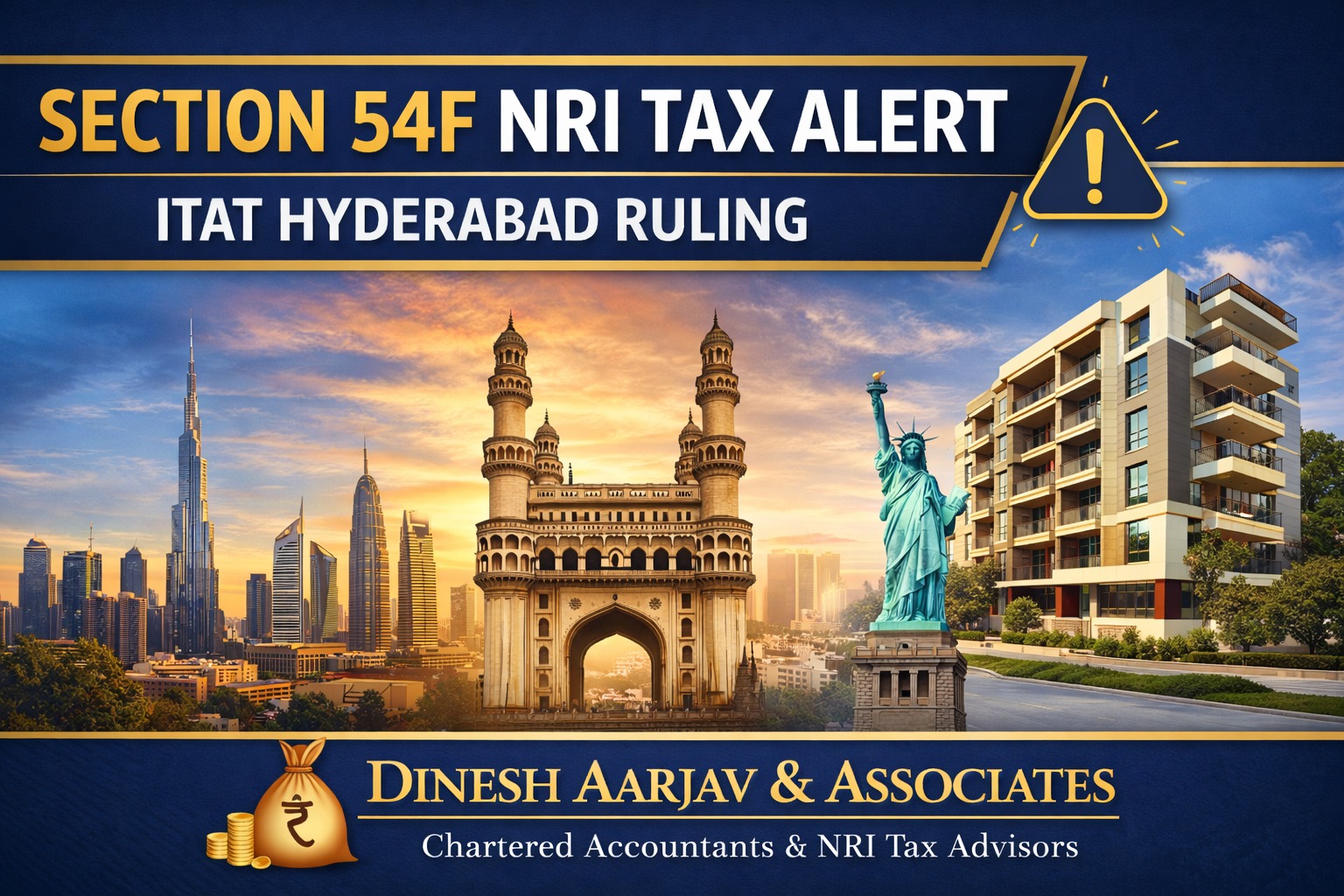
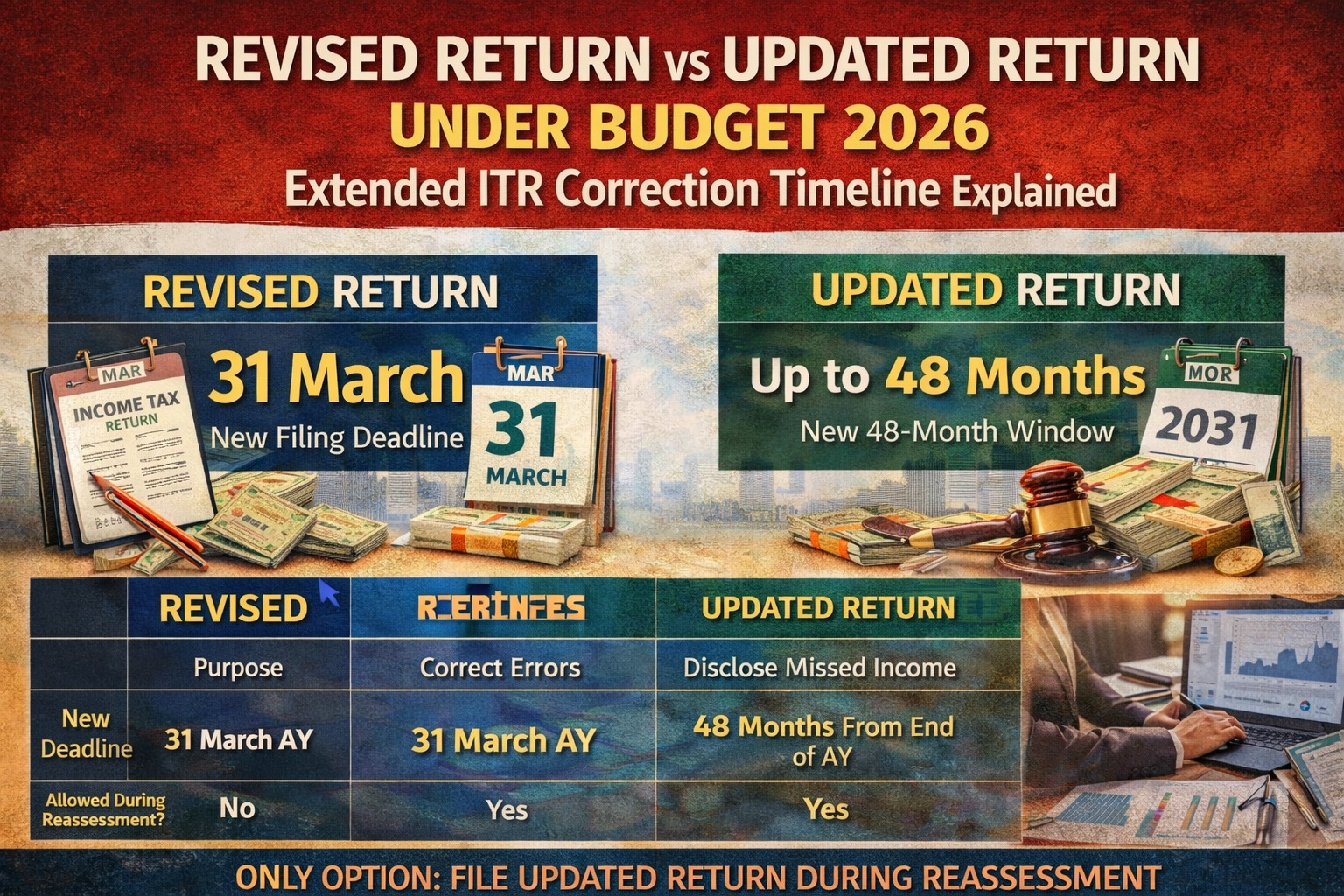

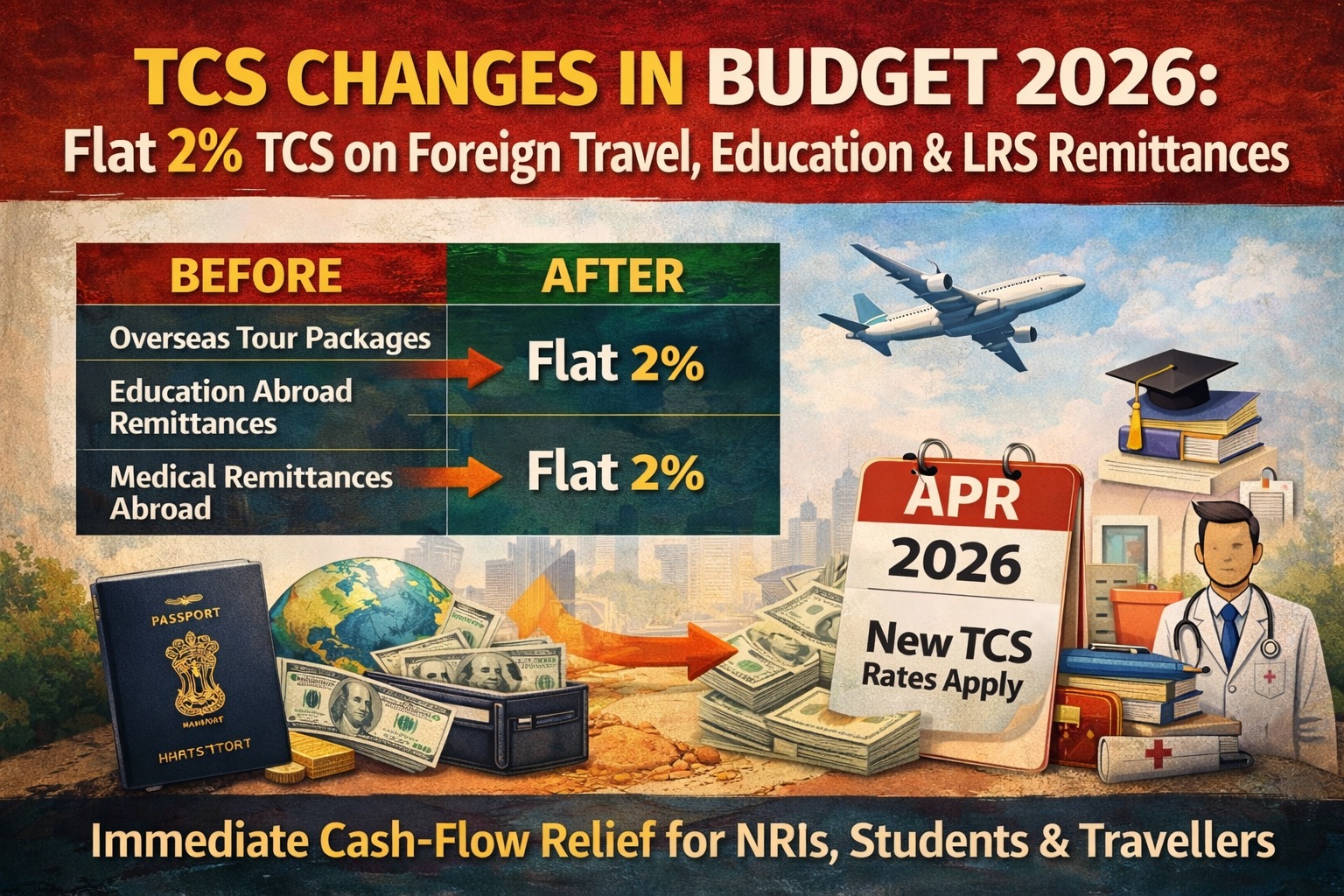


Stay in the loop, subscribe to our newsletter and unlock a world of exclusive updates, insights, and offers delivered straight to your inbox.